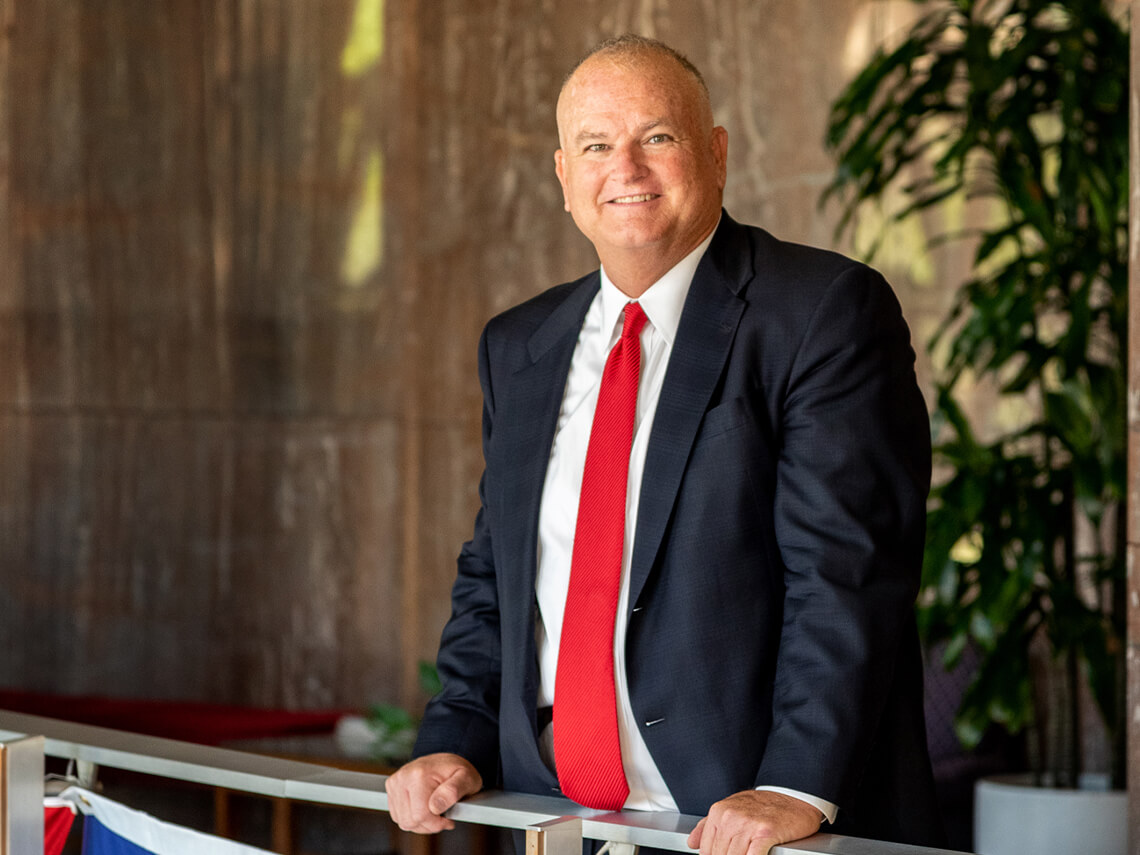As one of Arizona’s leading professional lobbying and public affairs firms, we strive to provide the best possible services in the state. One of the partnerships we’re proud of is with Arizona Highway Users (AHU). AHU works with Arizona businesses to maintain and improve road safety and mobility. We’re honored to partner with a client like AHU to continue to improve Arizona for its residents.
Dorn Policy Group, Inc. was founded on the belief that integrity, tenacity, and client results should be the cornerstones of quality government relations. Businesses deserve to have their voices heard, and we’re honored to be the ones to spread their message. Read our article below to learn how we ensure Arizona Highway Users’ voice gets heard.
Who Are Arizona Highway Users?
Arizona Highway Users advocates for improved, safe highway systems that are free of traffic and that enhance mobility. They fight for the preservation and improvement of road access to all Arizona drivers. As our population continues to see a dramatic increase, more drivers are on the road which can lead to congested travel flow. Dorn has partnered with Arizona Highway Users to ensure adequate and increased highway funding.
What Does Dorn Policy Group Do for Arizona Highway Users?
Dorn Policy Group works with all levels of government to advocate for the needs of Arizona businesses. We provide strategic counsel and issue management for Arizona Highway Users to help advance their goals and objectives.
Other ways that we assist Arizona Highway Users:
- We constantly monitor what is happening in government and how these issues could potentially affect their business.
- We assist in policy making, bill drafting, public testimony, coalition building, and ordinance drafting for Arizona Highway Users to advocate for their desired outcome.
- Unite Arizona businesses for one common goal: maintain and improve our roads to promote safety and enhanced freedom of mobility.
These are just a few of the many services we provide to our clients. With integrity and tenacity, we provide client results that help advance important issues within all levels of government. We understand how difficult it can be to have your voice heard by governmental leaders, so we are here to advocate for you and the goals of your organization.
Dorn Policy Group, Inc. Will Advocate For Your Business
Advocacy is key when it comes to getting the results your business needs for success. Arizona Highway Users is just one example of many that show how we advocate and fight for our clients to be heard by government officials. With over 60 years of combined experience, Dorn Policy Group, Inc. is a leading lobbying and public affairs firm that will partner with you to help your organization reach its next level of success. Contact us today to learn more about our services, other clients, and what we can do for you.











